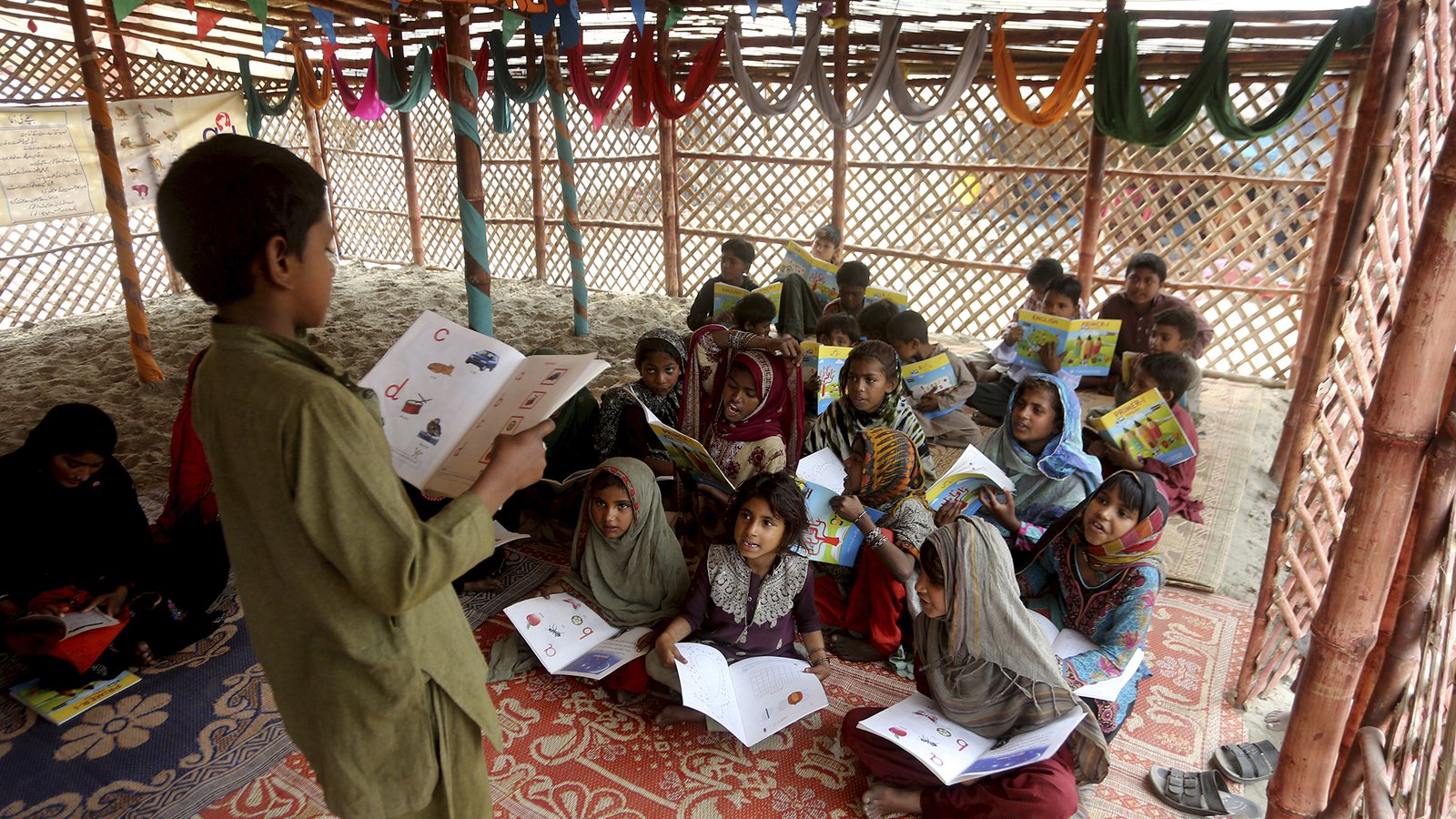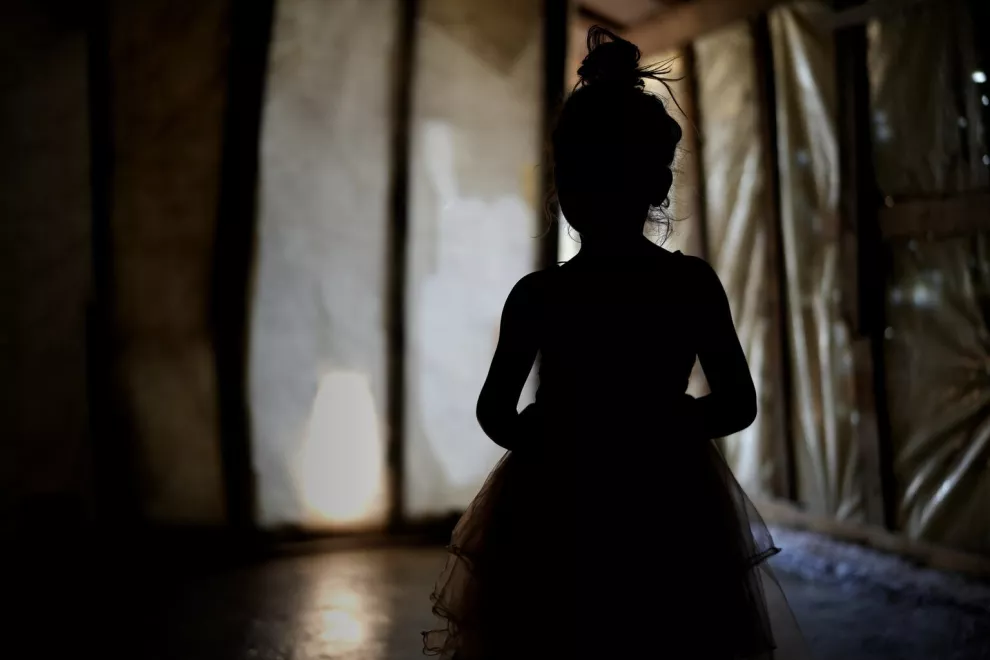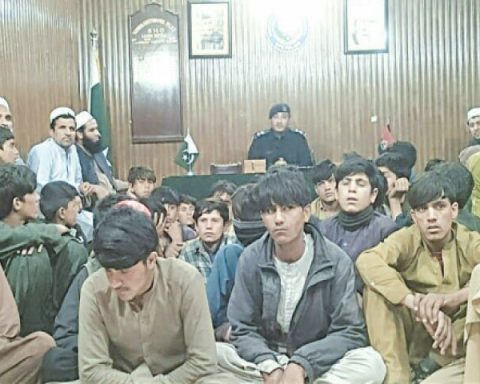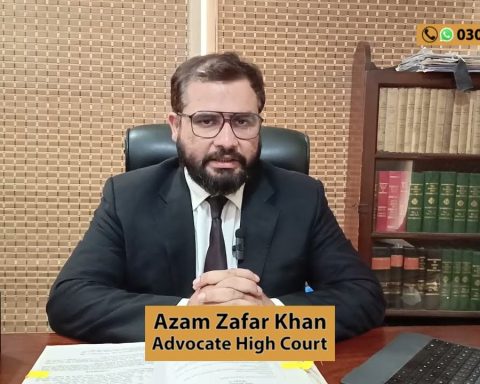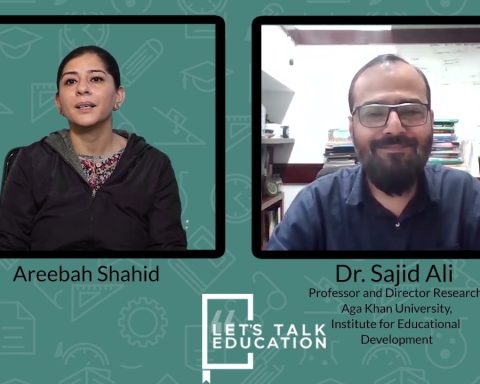Education is essential for every child as it provides a pathway to a better standard of living, self-awareness, a promising future, and understanding of our responsibilities and rights. However, it’s alarming that 26.2 million children in Pakistan are out of school, representing 39 per cent of the school-age population. This problem is rooted in factors like poverty, familial issues, parental ignorance, unemployment, and neglect.
Financial constraints prevent many children from accessing education, as around 40 per cent of the Pakistani population is living below the poverty line, as per the World Bank. It is imperative for both the government and educational institutions to address this issue promptly. One effective measure is to allocate a higher budget for education, ensuring that resources are available to support all children without any distinction.
Additionally, collaboration between government agencies and civil society organisations is crucial for combating child labour, which often deprives children of their right to education. Working together can create initiatives aimed at eradicating child labour and ensuring that children are in school where they belong.
In conclusion, addressing the issue of out-of-school children requires a concerted effort from all stakeholders, including government bodies, educational institutions, and civil society organisations. By prioritising education and implementing targeted interventions, Pakistan can pave the way for a brighter future for its children.
Acknowledgement: Published in The Express Tribune, May 6th, 2024.
